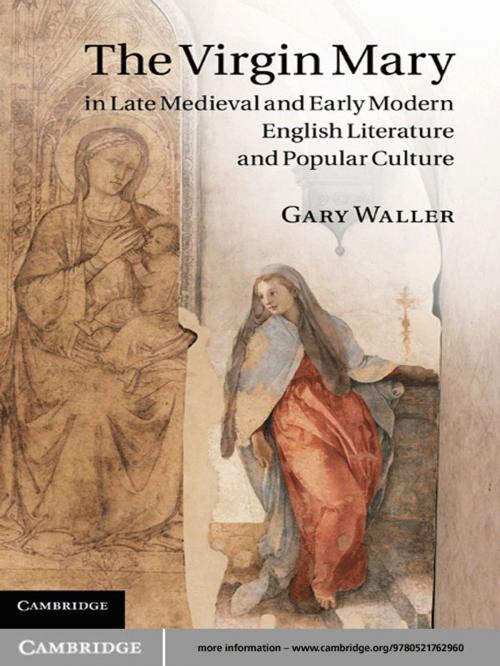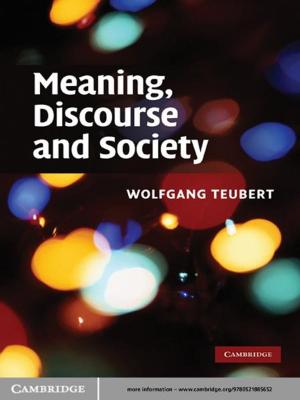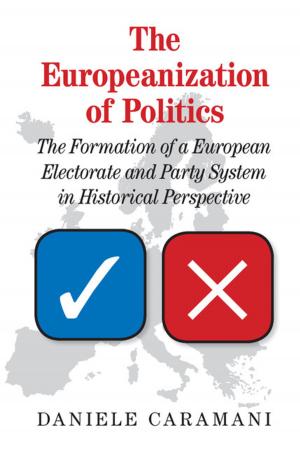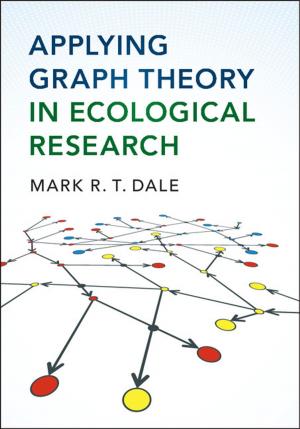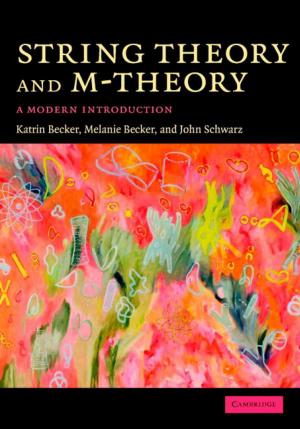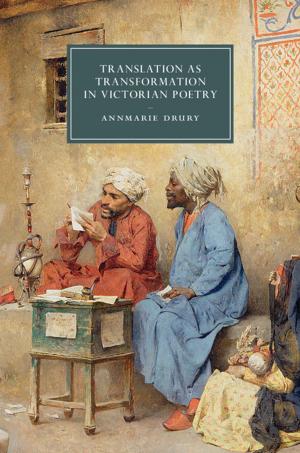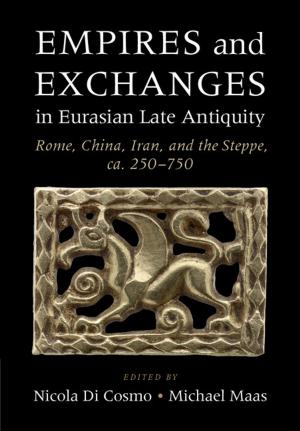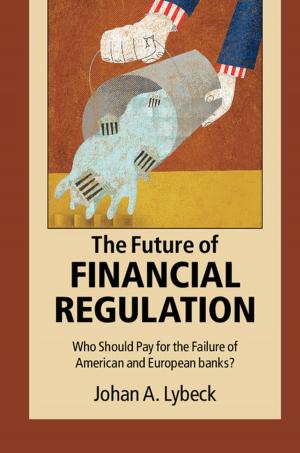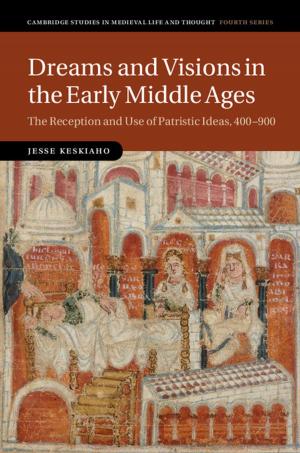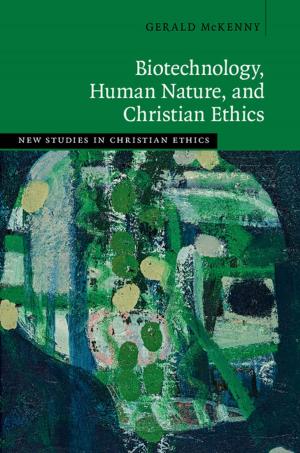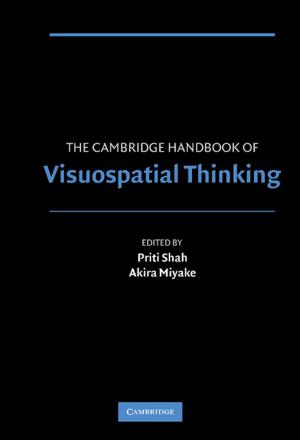The Virgin Mary in Late Medieval and Early Modern English Literature and Popular Culture
Fiction & Literature, Literary Theory & Criticism, British, Nonfiction, Religion & Spirituality| Author: | Gary Waller | ISBN: | 9780511862182 |
| Publisher: | Cambridge University Press | Publication: | January 20, 2011 |
| Imprint: | Cambridge University Press | Language: | English |
| Author: | Gary Waller |
| ISBN: | 9780511862182 |
| Publisher: | Cambridge University Press |
| Publication: | January 20, 2011 |
| Imprint: | Cambridge University Press |
| Language: | English |
This book was first published in 2011. The Virgin Mary was one of the most powerful images of the Middle Ages, central to people's experience of Christianity. During the Reformation, however, many images of the Virgin were destroyed, as Protestantism rejected the way the medieval Church over-valued and sexualized Mary. Although increasingly marginalized in Protestant thought and practice, her traces and surprising transformations continued to haunt early modern England. Combining historical analysis and contemporary theory, including issues raised by psychoanalysis and feminist theology, Gary Waller examines the literature, theology and popular culture associated with Mary in the transition between late medieval and early modern England. He contrasts a variety of pre-Reformation texts and events, including popular mariology, poetry, tales, drama, pilgrimage and the emerging 'New Learning', with later sixteenth-century ruins, songs, ballads, Petrarchan poetry, the works of Shakespeare and other texts where the Virgin's presence or influence, sometimes surprisingly, can be found.
This book was first published in 2011. The Virgin Mary was one of the most powerful images of the Middle Ages, central to people's experience of Christianity. During the Reformation, however, many images of the Virgin were destroyed, as Protestantism rejected the way the medieval Church over-valued and sexualized Mary. Although increasingly marginalized in Protestant thought and practice, her traces and surprising transformations continued to haunt early modern England. Combining historical analysis and contemporary theory, including issues raised by psychoanalysis and feminist theology, Gary Waller examines the literature, theology and popular culture associated with Mary in the transition between late medieval and early modern England. He contrasts a variety of pre-Reformation texts and events, including popular mariology, poetry, tales, drama, pilgrimage and the emerging 'New Learning', with later sixteenth-century ruins, songs, ballads, Petrarchan poetry, the works of Shakespeare and other texts where the Virgin's presence or influence, sometimes surprisingly, can be found.
